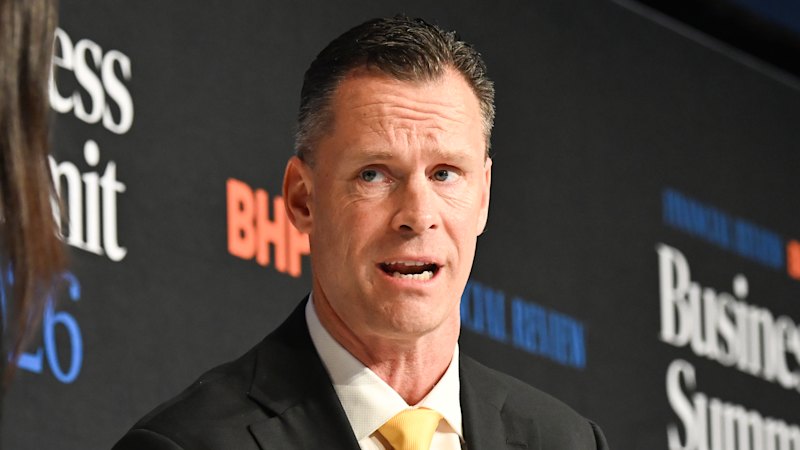
The debate over whether Australia should host COP31 in 2026 continues, with significant voices advocating for a shift to Turkey. Critics argue that it may be more prudent for Australia to relinquish its role. This perspective, however, overlooks the strategic advantages of maintaining this position. As a former strategist for COP28, I can attest that hosting such a pivotal event presents opportunities that extend well beyond mere diplomacy.
In December 2023, the COP28 conference in Dubai brought together representatives from nearly 200 countries. Despite being a major oil producer, the United Arab Emirates successfully positioned itself as a leader in clean technology. The summit not only enhanced its global credibility but also yielded substantial economic benefits. This example underscores the potential for Australia to achieve similar outcomes by hosting COP31.
The current global climate landscape is fraught with challenges. The consensus-based model of climate negotiations is under strain, yet this makes the case for Australia to step up even stronger. COP summits provide a rare venue where nations, regardless of size, can engage in meaningful dialogue. It is a platform where smaller nations like Tuvalu can confront larger emitters, ensuring that all voices are heard.
By hosting COP31, Australia would take on the role of a trusted mediator among diverse parties, including developed economies such as the European Union and emerging nations like India. Australia’s reputation as a pragmatic and reliable partner positions it uniquely to facilitate discussions on critical issues facing the planet. The experience of Australian diplomats as effective bridge-builders could prove invaluable in these negotiations.
Beyond formal discussions, the real opportunities lie in the “action agenda.” This section of the COP allows the host nation to shape initiatives, business collaborations, and media interactions. Australia could leverage this to foster partnerships focused on clean energy, critical minerals, and artificial intelligence (AI) technologies. By doing so, Australia would not only attract investment but also establish itself at the forefront of the evolving economy.
As the world shifts towards clean energy and digital innovation, countries are vying for leadership in these sectors. Australia possesses essential resources and capabilities, such as renewable energy potential and scientific expertise. The opportunity to showcase how decarbonisation can drive profitability for heavy industries is significant. Hosting COP31 could also catalyse much-needed investment in Pacific nations for climate adaptation strategies and renewable energy infrastructure.
AI, a transformative force in the modern economy, presents a dual challenge and opportunity for climate action. While concerns about its environmental impact are valid, AI also offers tools for effective climate management. From predicting extreme weather to optimizing energy usage, AI can play a crucial role in both mitigation and adaptation strategies.
Australia’s leadership at COP31 would not only position it as a key player in the Indo-Pacific region but also reaffirm its commitment to addressing climate change. This is particularly important as the Pacific nations view climate threats as a primary security concern. The decision to host COP31 should not be seen as an expenditure but rather as an investment in Australia’s future and its standing in the global community.
The Coalition’s argument that hosting an expensive summit diverts resources from domestic needs is a false dichotomy. Properly managed, COP31 offers a pathway to enhance Australia’s global influence while also benefiting its economy. Abandoning the opportunity to host would signal a retreat from international responsibility at a time when Australia is under scrutiny from both the Pacific region and trading partners, such as the EU, which is increasingly focusing on sustainable practices.
Next week’s decision regarding COP31 will reflect Australia’s commitment to leading in climate diplomacy and industrial strategy. It will either affirm Australia’s role at the centre of crucial global partnerships or indicate a retreat while others seize the initiative. The stakes are high, and the time for decisive action is now.
Tina Latif, who served as director of strategy for COP28, now advises governments and organizations on climate and technology. Her insights underscore the importance of Australia’s role in shaping a sustainable future.







